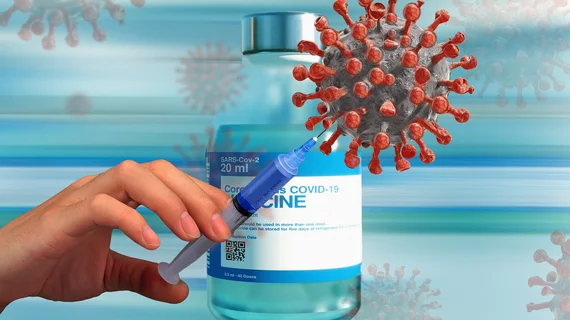An encouraging update: Young adults with vaccine-related heart damage see all symptoms resolve
All young adults who develop myocarditis-like symptoms after receiving a COVID-19 vaccine heal completely within two to four days, according to a new analysis published in Circulation.
“As of June 5, 2021, more than 170 million individuals in the US and 894 million individuals worldwide had received at least one dose of a COVID-19 vaccine,” wrote lead author Carolyn M. Rosner, NP, of the Innova Heart and Vascular Institute in Fairfax, Virginia, and colleagues. “Notwithstanding isolated rare serious adverse events, they have been well-tolerated and associated with decreasing burden of disease in areas with high vaccination rates.”
The study’s authors examined data from seven patients who were hospitalized for “acute myocarditis-like illness” after receiving a vaccination. All patients were treated in one of two U.S. facilities. They were all men between the ages of 19 and 39.
Patients were hospitalized three to seven days after receiving the vaccination. Each one presented with “acute onset chest pain and biochemical evidence of myocardial injury.” Treatments included beta-blockers and anti-inflammatory medication.
Rosner et al. noted that all patients saw their symptoms resolve within two to four days. All cases were reported to the CDC for future research.
“The clinical course of vaccine-associated myocarditis-like illness appears favorable, with resolution of symptoms in all patients,” the authors wrote. “Given the potential morbidity of COVID-19 infection even in younger adults, the risk-benefit decision for vaccination remains highly favorable. Vaccine adverse event reporting remains of high importance and further studies are needed to elucidate the pathophysiological mechanism to potentially identify or prevent future occurrences.”
The full analysis is available here.

